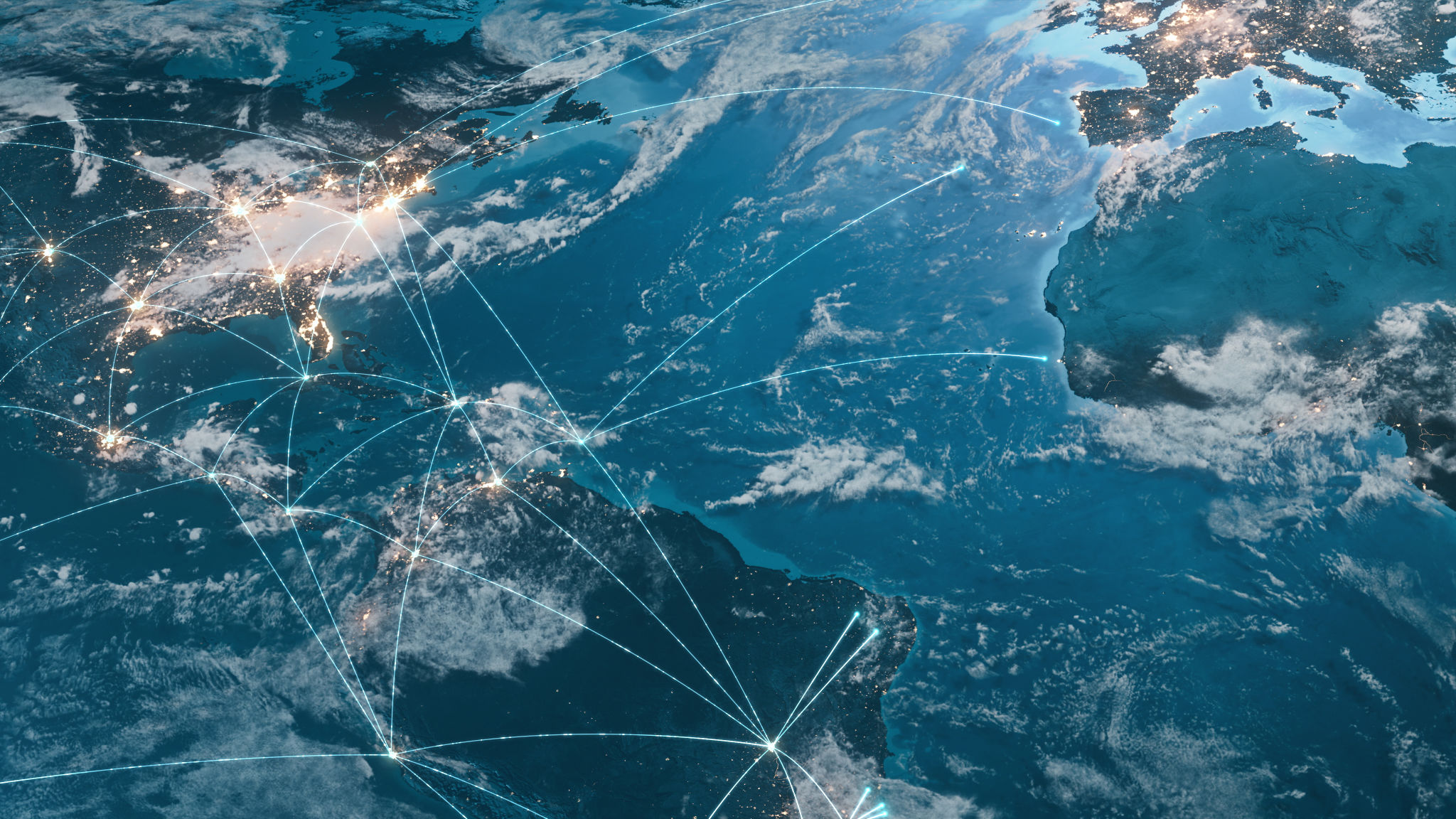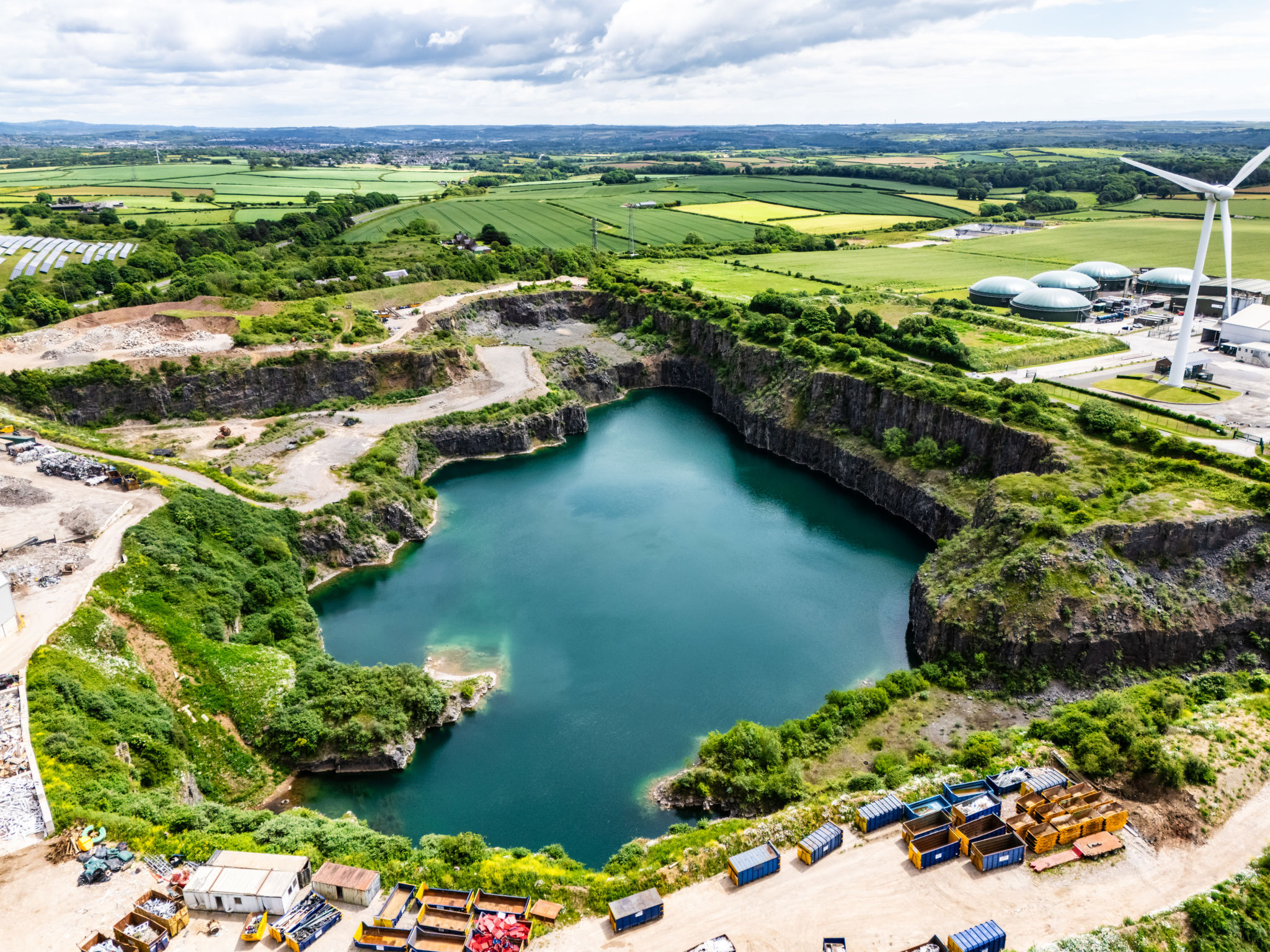Upcoming Trends in the Precious Metals Market: What Investors Should Know
Understanding the Impact of Global Economic Conditions
The precious metals market is deeply intertwined with global economic conditions. As economies fluctuate, the demand for metals like gold, silver, and platinum can rise or fall. Investors should pay close attention to indicators such as inflation rates, currency strength, and geopolitical tensions, as these factors can significantly influence metal prices.

Inflation and Currency Dynamics
Inflation often drives investors towards precious metals as a hedge against currency devaluation. As inflation rates increase, the purchasing power of fiat currencies typically declines, making precious metals an attractive alternative. Similarly, when a currency loses strength, investors might seek refuge in metals, which are perceived as more stable stores of value.
Technological Advancements and Industrial Demand
Beyond their traditional use as investment vehicles or jewelry components, precious metals are becoming increasingly significant in technology and industry. For example, silver is essential in the production of electronics and solar panels, while platinum is crucial for catalytic converters in automobiles.

Innovations Driving Demand
Technological advancements are expected to drive demand for certain metals. The rise of electric vehicles, renewable energy technologies, and advancements in electronics can lead to increased usage of metals like lithium and silver. Investors should keep an eye on these sectors to gauge how industrial demand might influence metal prices.
Environmental and Regulatory Considerations
As the world shifts towards sustainable practices, environmental regulations are becoming more stringent. Mining companies are under pressure to adopt eco-friendly practices, which can affect production costs and supply levels. Investors must consider how these regulatory changes might impact the availability and pricing of precious metals.

Sustainable Investing Trends
The trend towards sustainable investing is also influencing the precious metals market. Investors are increasingly looking at the environmental footprint of their investments. Companies that demonstrate strong environmental stewardship may become more attractive, potentially affecting their stock values and, by extension, the broader market for the metals they produce.
Geopolitical Tensions and Their Effects
Geopolitical tensions can create volatility in the precious metals market. In times of political instability or conflict, investors often flock to safe-haven assets like gold. Understanding the geopolitical landscape can help investors make informed decisions about when to enter or exit the market.
Regional Conflicts and Trade Policies
Trade policies and regional conflicts can disrupt supply chains and influence metal prices. For instance, tariffs on imports or exports of metals can create price fluctuations. Investors should stay informed about international relations and trade agreements that may impact the availability and cost of precious metals.

Conclusion: Strategic Investment Approaches
As we look ahead, understanding these upcoming trends is crucial for making informed investment decisions in the precious metals market. By considering factors such as global economic conditions, technological advancements, environmental regulations, and geopolitical tensions, investors can better navigate this dynamic market. Staying informed and adaptable will be key to capitalizing on opportunities in the evolving landscape of precious metals.
